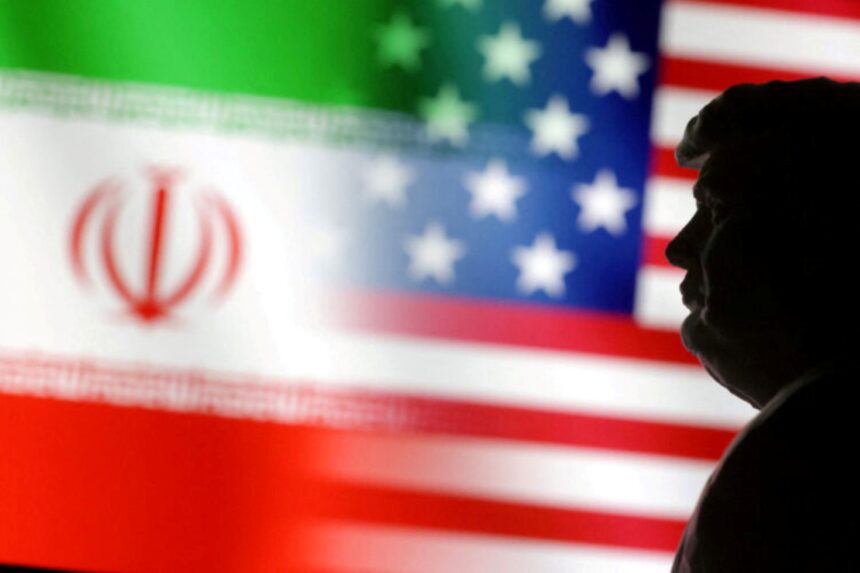Iran’s President, Masoud Pezeşkian, declared that the country is ready for “equal basis” dialogue with the United States. However, he did not confirm whether he accepted direct negotiations proposed by U.S. President Donald Trump.
This statement comes amid ongoing tensions surrounding Iran’s nuclear program. President Trump had previously invited Tehran to negotiations, threatening military action if diplomatic efforts failed. Despite the offer, Iran’s officials have expressed readiness to talk, but rejected direct talks under threats and pressure.
Iran’s Stance on Nuclear Talks
In response to President Trump’s statements, Pezeşkian emphasized that Iran seeks to negotiate on an equal footing, signaling a rejection of negotiations under duress. This is a significant development in light of the tensions surrounding the Iran nuclear deal.
US Sanctions and Diplomatic Challenges
The U.S. has imposed various sanctions on Iran over the years, particularly after President Trump withdrew the U.S. from the 2015 nuclear deal. Despite international negotiations aimed at limiting Iran’s nuclear ambitions, the U.S. continues to press for a new agreement. Trump has made it clear that he prefers “direct talks” with Iran to resolve the issue swiftly, citing better understanding between the parties compared to third-party mediation.
The Path Forward
Iran, however, insists that any negotiations must respect its sovereignty and be free from external threats. Pezeşkian has raised questions about the purpose of threats if the goal is dialogue, criticizing the U.S. for undermining not only Iran but the global community with its aggressive stance.
The ongoing tension between the U.S. and Iran has sparked concerns about the potential for escalation, especially as the U.S. continues to push for negotiations while imposing sanctions. Iran, for its part, insists that its nuclear activities are purely for civilian purposes, particularly for energy production, despite Western suspicions regarding its nuclear ambitions.
Background on the Iran Nuclear Deal
In 2015, Iran signed an agreement with several world powers, including the U.S., to curb its nuclear program in exchange for relief from international sanctions. However, President Trump’s withdrawal from the deal in 2018 led to the reimposition of stringent sanctions, prompting Iran to expand its nuclear activities, including increasing uranium enrichment levels. The standoff continues, with both sides seemingly at an impasse.







